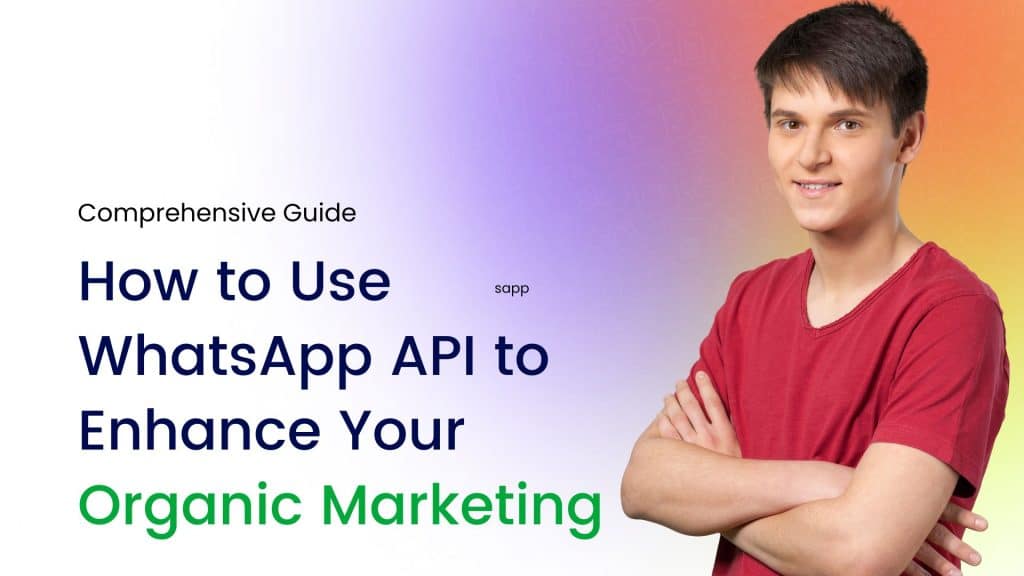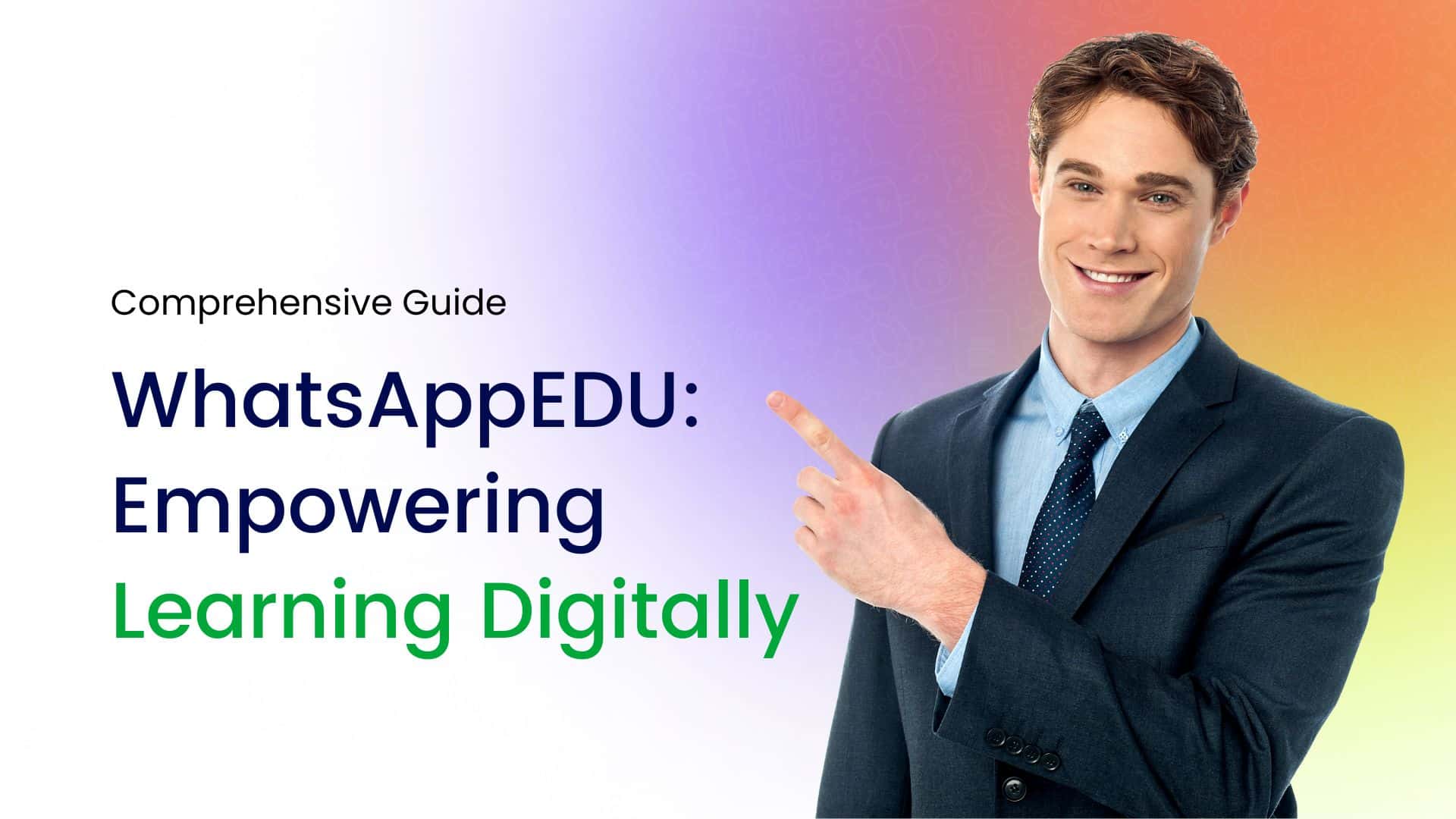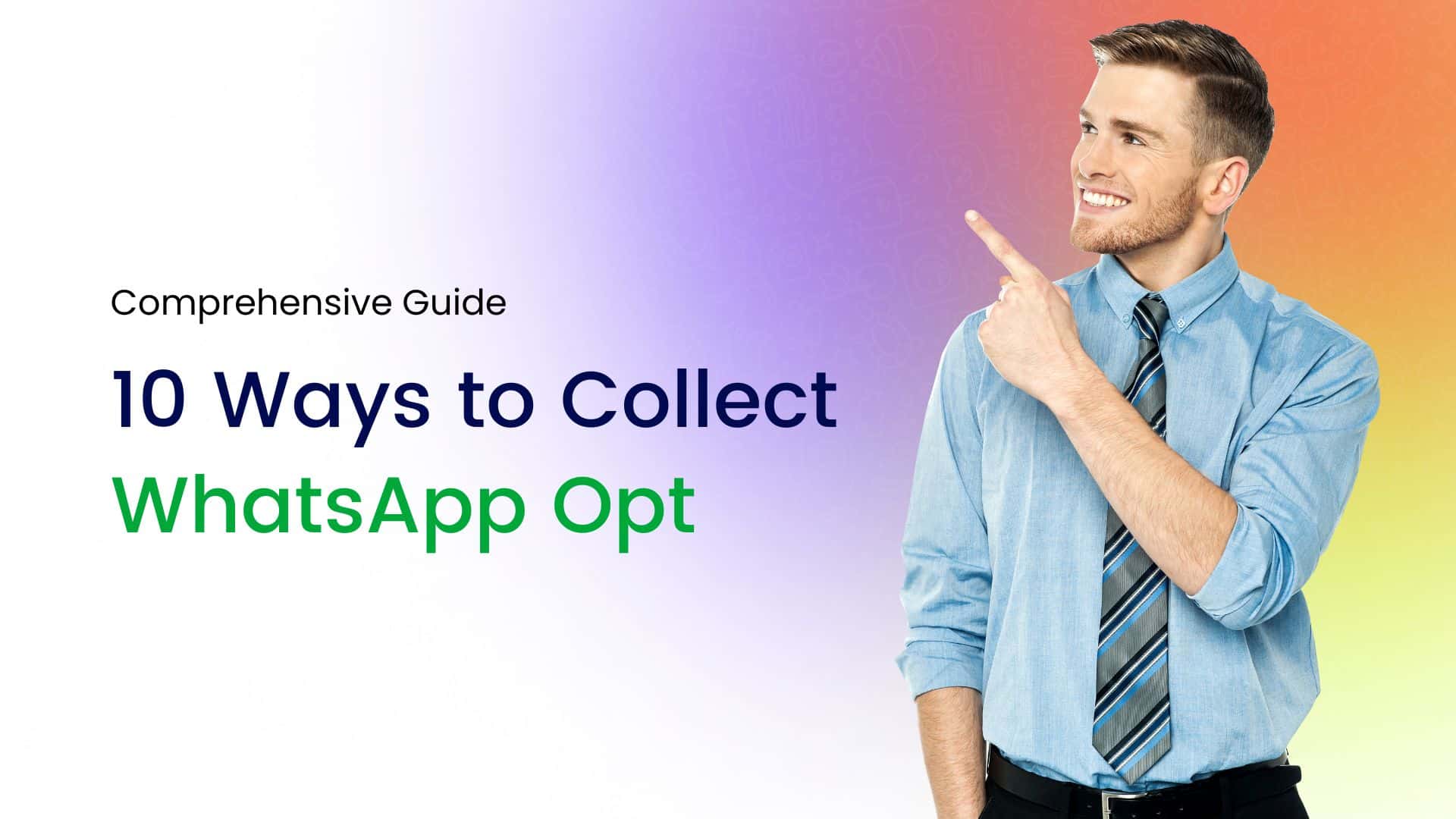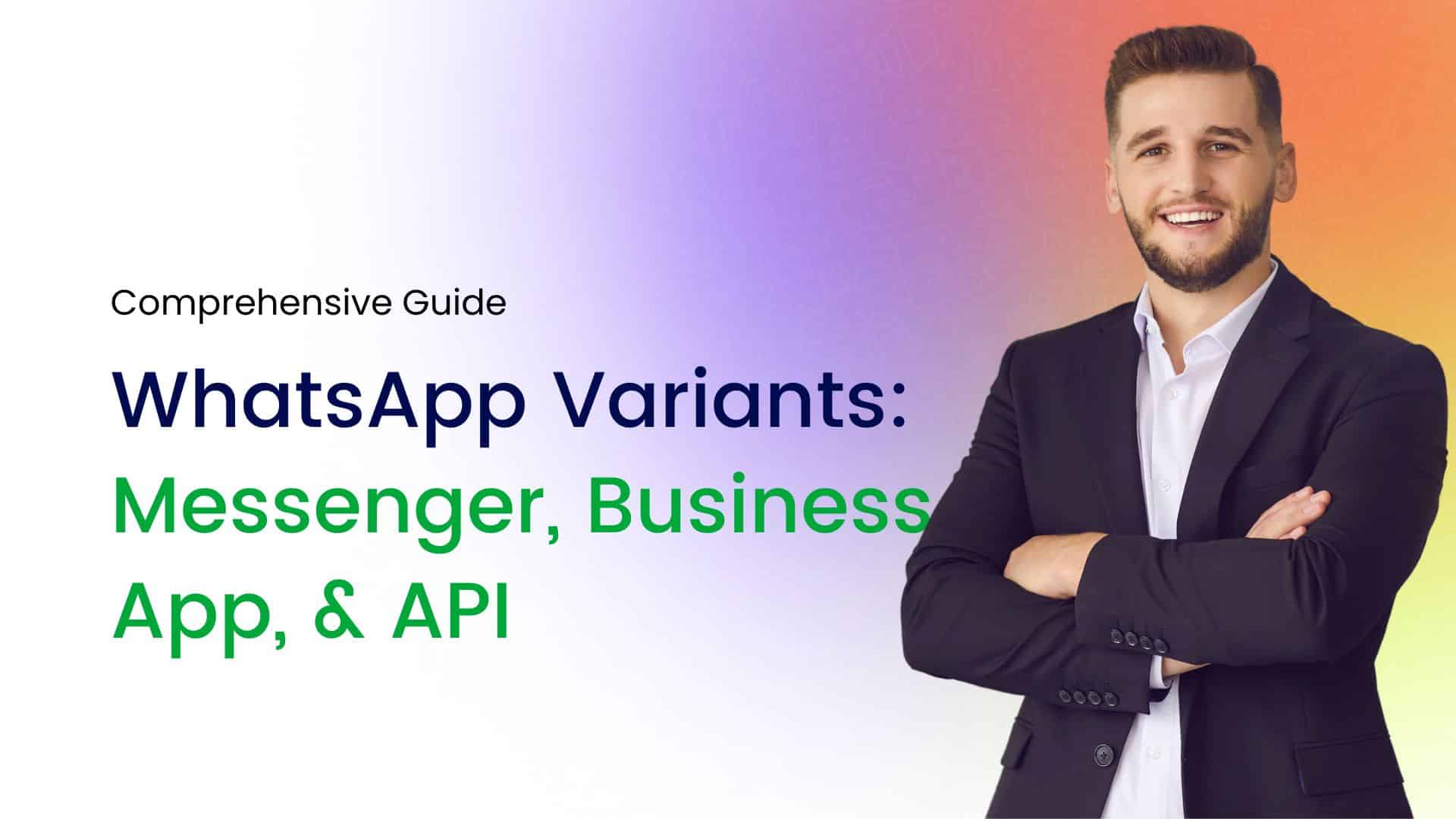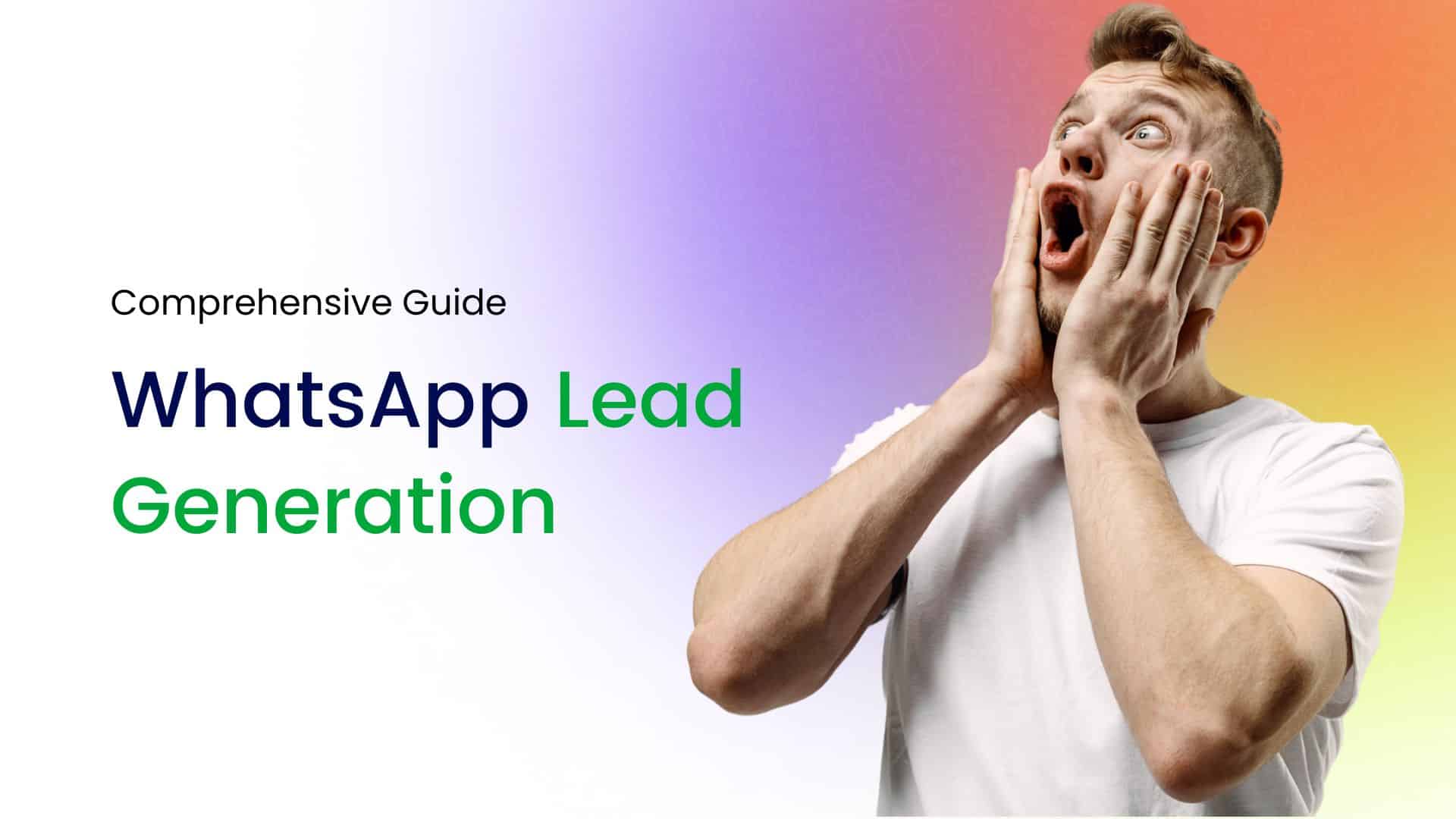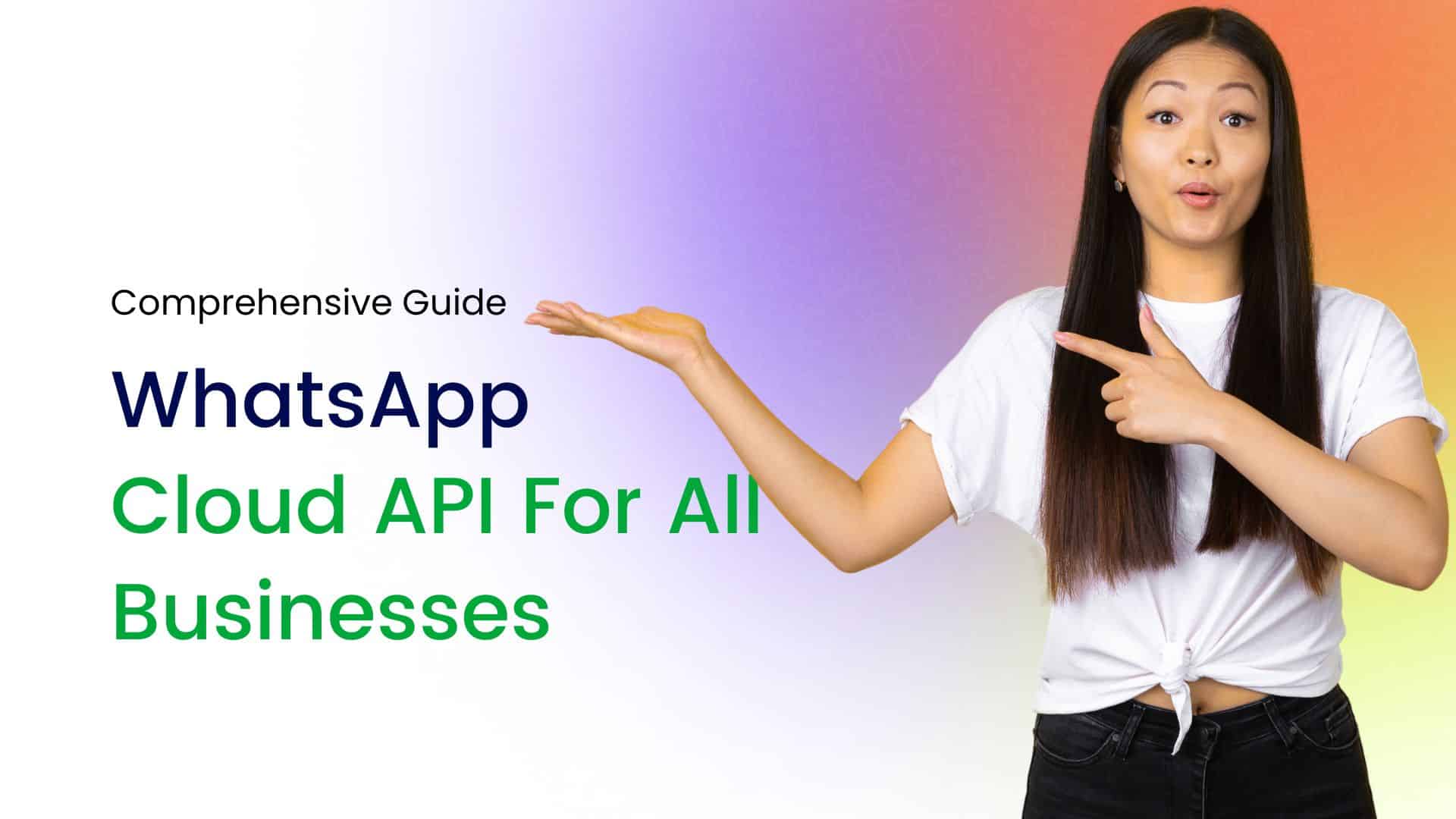In today’s digital age, where connectivity is paramount and instant communication is the norm, businesses are constantly seeking innovative ways to engage with their audience. WhatsApp, with its extensive user base and robust features, has emerged as a powerful platform for businesses to connect with their customers. Leveraging the WhatsApp API can significantly enhance your organic marketing efforts, enabling you to foster deeper relationships and drive tangible results.
Unlocking the Potential of WhatsApp Marketing
In today’s digital age, where communication happens at the speed of light, businesses are constantly seeking innovative ways to reach their target audience. Among the plethora of marketing channels available, WhatsApp has emerged as a powerful platform for businesses to engage with customers effectively. WhatsApp, with its widespread global usage and user-friendly interface, presents a unique opportunity for businesses to connect with their customers in a more personalized and immediate manner through WhatsApp Marketing.
Understanding WhatsApp Marketing
WhatsApp Marketing refers to the use of the popular messaging app, WhatsApp, as a marketing tool to promote products, services, or brands. Unlike traditional marketing channels, WhatsApp offers a more direct and intimate way to engage with customers, allowing businesses to send messages, images, videos, and even documents directly to their customers’ smartphones.
Key Features and Benefits
- Instant Communication: WhatsApp enables businesses to communicate with their customers in real-time, facilitating instant customer support and feedback. Whether it’s answering queries, resolving issues, or providing product information, businesses can interact with customers promptly.
- Personalized Messaging: With WhatsApp Marketing, businesses can send personalized messages to individual customers or create targeted campaigns based on customer preferences and behavior. This personalized approach helps in building stronger relationships with customers and enhances brand loyalty.
- Cost-Effective: Compared to traditional marketing channels like print or television ads, WhatsApp Marketing is incredibly cost-effective. Businesses can reach a large audience without spending exorbitant amounts on advertising, making it an ideal choice for startups and small businesses with limited marketing budgets.
- High Engagement: Studies have shown that WhatsApp messages have significantly higher open and response rates compared to emails or social media posts. This high engagement level ensures that messages sent via WhatsApp are more likely to be seen and acted upon by customers.
- Rich Media Support: WhatsApp allows businesses to send various types of content, including images, videos, audio clips, and documents. This versatility enables businesses to showcase their products or services in a more engaging and visually appealing manner.
- Global Reach: With over 2 billion active users worldwide, WhatsApp offers businesses access to a vast global audience. Whether targeting local customers or expanding into international markets, businesses can leverage WhatsApp’s global reach to connect with potential customers across borders.
Best Practices for WhatsApp Marketing
While WhatsApp Marketing holds immense potential, it’s essential for businesses to adhere to best practices to ensure effective and ethical use of the platform:
- Obtain Consent: Always obtain consent from customers before sending them marketing messages on WhatsApp. Unsolicited messages can lead to customer frustration and may even result in legal repercussions for businesses.
- Personalize Messages: Tailor your messages to suit the preferences and interests of your target audience. Personalized messages are more likely to resonate with customers and yield better results.
- Timing is Key: Be mindful of the timing when sending messages on WhatsApp. Sending messages during peak hours or late at night may annoy customers and result in them blocking your number.
- Provide Value: Offer valuable content and incentives to your customers through WhatsApp. Whether it’s exclusive discounts, promotions, or useful tips, providing value-added content helps in retaining customers and building brand loyalty.
- Monitor Engagement: Regularly monitor the engagement metrics of your WhatsApp Marketing campaigns, such as open rates, click-through rates, and response rates. Analyzing these metrics allows businesses to refine their strategies and optimize their campaigns for better results.
Benefits of Integrating WhatsApp API into Your Organic Marketing
In today’s digitally-driven world, businesses are constantly seeking innovative ways to engage with their audience and drive organic growth. One such avenue that has gained significant traction in recent years is leveraging messaging platforms like WhatsApp. With its user base exceeding 2 billion, WhatsApp presents an enormous opportunity for businesses to connect with customers on a personal level. However, to truly harness its potential, integrating WhatsApp API into your organic marketing strategy is crucial. Let’s explore the myriad benefits this integration can offer:
- Enhanced Customer Engagement: WhatsApp offers a direct line of communication to your customers, allowing you to engage with them in real-time. By integrating WhatsApp API into your marketing strategy, you can send personalized messages, provide customer support, and even conduct surveys or polls to gather valuable feedback. This level of engagement fosters stronger relationships with your audience, leading to increased brand loyalty and customer satisfaction.
- Instant Communication: Unlike traditional forms of communication such as email or phone calls, WhatsApp messages are delivered instantly and are more likely to be read promptly. This immediacy enables businesses to deliver time-sensitive information, promotional offers, or updates about products and services directly to their customers’ mobile devices, ensuring a higher open and response rate.
- Cost-Effective Solution: Integrating WhatsApp API into your marketing strategy can be a cost-effective solution compared to other marketing channels. With minimal setup and maintenance costs, businesses can reach a wide audience without breaking the bank. Additionally, WhatsApp’s pay-per-use pricing model allows businesses to scale their messaging efforts according to their budget and needs.
- High Engagement Rates: Studies have shown that messaging platforms like WhatsApp boast significantly higher engagement rates compared to other social media channels. By leveraging WhatsApp API, businesses can capitalize on this trend and deliver content that resonates with their audience, whether it’s in the form of product recommendations, promotional offers, or personalized messages tailored to individual preferences.
- Increased Conversion Rates: The personalized nature of WhatsApp messages can significantly impact conversion rates. By sending targeted messages based on customer preferences and behavior, businesses can nurture leads and guide them through the sales funnel more effectively. Whether it’s sending abandoned cart reminders, product recommendations, or exclusive deals, WhatsApp API enables businesses to deliver timely and relevant content that drives conversions.
- Data-driven Insights: Integrating WhatsApp API into your marketing strategy provides access to valuable data and insights that can inform future campaigns. By tracking metrics such as message open rates, click-through rates, and response times, businesses can gain a deeper understanding of their audience’s preferences and behavior. This data-driven approach allows businesses to refine their messaging strategies and optimize their campaigns for maximum impact.
- Streamlined Customer Support: In addition to marketing efforts, integrating WhatsApp API can also streamline customer support operations. By offering customer support via WhatsApp, businesses can provide timely assistance to their customers, resolve queries efficiently, and build trust and credibility. The convenience of being able to reach customer support directly through WhatsApp enhances the overall customer experience and fosters long-term loyalty.
How to Do Organic Marketing on WhatsApp?
In today’s digital age, organic marketing has become a cornerstone for businesses aiming to foster genuine connections with their audience. Among the myriad of platforms available, WhatsApp stands out as a potent tool for organic marketing due to its direct and personal nature. With over 2 billion users worldwide, leveraging WhatsApp effectively can significantly amplify your brand’s reach and engagement. However, navigating the nuances of organic marketing on this platform requires a strategic approach. Here’s how you can harness the power of WhatsApp for organic marketing:
Build a Relevant Audience
Before delving into marketing strategies, it’s crucial to build a relevant audience on WhatsApp. Encourage your existing customers to join your WhatsApp groups or broadcast lists by promoting exclusive deals, content, or customer support through the platform. Additionally, use other channels such as social media, email newsletters, and your website to invite users to connect with you on WhatsApp.
Create Compelling Content
Content is the lifeblood of organic marketing on WhatsApp. Craft engaging and valuable content tailored to your audience’s preferences and interests. This could include product updates, behind-the-scenes glimpses, how-to guides, industry insights, or exclusive offers. Keep your messages concise, conversational, and visually appealing to capture and maintain attention.
Foster Two-Way Communication
Unlike traditional marketing channels, WhatsApp enables real-time, two-way communication. Encourage interaction by initiating conversations, asking questions, and soliciting feedback from your audience. Respond promptly to inquiries, address concerns, and provide personalized assistance to cultivate a sense of trust and rapport with your customers.
Utilize WhatsApp Status Updates
WhatsApp Status, akin to Stories on other platforms, allows you to share ephemeral content with your contacts. Leverage this feature to showcase new products, promotions, or behind-the-scenes moments in a visually engaging format. Experiment with multimedia content such as photos, videos, and GIFs to grab attention and drive engagement.
Leverage WhatsApp Groups
Create or join relevant WhatsApp groups where your target audience congregates. Actively participate in discussions, share valuable insights, and subtly promote your products or services when appropriate. Avoid spamming or overtly promotional messages, as they can deter users and diminish the effectiveness of your organic marketing efforts.
Provide Exclusive Offers and Discounts
Entice your WhatsApp audience with exclusive offers, discounts, or sneak peeks reserved solely for them. This not only incentivizes users to engage with your brand but also fosters a sense of exclusivity and loyalty. Use WhatsApp to deliver unique promo codes or links to special deals, driving traffic and conversions.
Encourage User-Generated Content
Empower your audience to become brand advocates by encouraging them to create and share user-generated content (UGC) related to your products or services. Whether it’s testimonials, reviews, or creative uses of your offerings, UGC adds authenticity and social proof to your marketing efforts. Acknowledge and amplify user contributions to reinforce community engagement.
Analyze and Iterate
Track the performance of your organic marketing efforts on WhatsApp using analytics tools or built-in features. Monitor metrics such as message open rates, response rates, and engagement levels to gauge effectiveness. Based on insights gleaned from data analysis, refine your strategies, experiment with new approaches, and continuously optimize your campaigns for better results.
How you can harness the power of WhatsApp API to supercharge your organic marketing strategy
- Personalized Communication: One of the key advantages of using WhatsApp API is the ability to deliver personalized messages directly to your customers’ smartphones. Unlike traditional marketing channels, such as email or social media, WhatsApp offers a more intimate and immediate way to interact with your audience. You can send personalized messages based on user preferences, behavior, or past interactions, thereby increasing engagement and driving conversions.
- Broadcast Lists: With WhatsApp API, you can create broadcast lists to send messages to multiple recipients at once. This feature allows you to segment your audience based on various criteria, such as demographics, interests, or purchase history, and tailor your messages accordingly. Whether you’re promoting a new product, sharing exclusive offers, or providing valuable content, broadcast lists enable you to reach a targeted audience with relevant messaging, thereby maximizing the impact of your organic marketing efforts.
- Customer Support: Providing exceptional customer support is crucial for building trust and loyalty. WhatsApp API enables businesses to offer real-time support to their customers directly through the messaging platform. Whether it’s resolving queries, addressing concerns, or providing product assistance, you can offer personalized support round the clock, enhancing the overall customer experience and strengthening brand loyalty.
- Transactional Messages: Another valuable feature of WhatsApp API is the ability to send transactional messages, such as order confirmations, delivery updates, or payment reminders. These messages are highly relevant and timely, keeping customers informed and engaged throughout the purchase journey. By leveraging transactional messages, you can streamline the customer experience, reduce friction, and increase satisfaction, ultimately driving repeat business and referrals.
- Interactive Experiences: WhatsApp API allows businesses to create interactive experiences, such as surveys, polls, or quizzes, directly within the messaging platform. This not only engages customers in a fun and interactive way but also provides valuable insights into their preferences and opinions. By leveraging interactive experiences, you can gather feedback, conduct market research, and tailor your offerings to better meet the needs of your audience, thereby enhancing the effectiveness of your organic marketing initiatives.
- Integration with CRM Systems: Integrating WhatsApp API with your existing CRM (Customer Relationship Management) system enables seamless communication and data synchronization across multiple channels. This integration allows you to centralize customer information, track interactions, and analyze engagement metrics in real-time, empowering you to make informed decisions and optimize your organic marketing strategy for maximum impact.
What are the privacy considerations when using the WhatsApp API?
In today’s interconnected digital landscape, messaging platforms have become integral to communication, both in personal and business contexts. WhatsApp, one of the world’s most popular messaging apps, offers an API (Application Programming Interface) that allows businesses to integrate WhatsApp’s functionalities into their own applications and systems. While this API opens up numerous possibilities for businesses to engage with customers, it also raises significant privacy considerations that must be carefully addressed.
The Power of WhatsApp API
The WhatsApp API enables businesses to communicate with their customers more effectively. It allows for automated messaging, chatbots, and integration with CRM systems, facilitating smoother customer interactions. Businesses can send notifications, updates, and even conduct transactions through WhatsApp, offering a convenient channel for customer engagement.
Privacy Concerns
Despite its potential benefits, the use of the WhatsApp API raises several privacy concerns that businesses must navigate:
- Data Collection and Storage: When businesses utilize the WhatsApp API, they often collect and store user data for various purposes, such as analyzing customer interactions, improving services, and targeting marketing campaigns. However, this data collection raises concerns about the privacy and security of users’ personal information. Businesses must adhere to strict data protection regulations and ensure that they have explicit consent from users before collecting and storing their data.
- Message Content: WhatsApp messages exchanged between businesses and customers may contain sensitive information, such as personal details, financial transactions, or health-related inquiries. Ensuring the confidentiality and integrity of these messages is crucial to maintaining user trust. Businesses must implement robust encryption measures and data security protocols to protect the privacy of message content.
- User Consent: Obtaining user consent is paramount when using the WhatsApp API for business purposes. Businesses must clearly communicate how they intend to use WhatsApp for communication, what type of information will be collected, and how it will be processed. Users should have the option to opt-in or opt-out of receiving messages, and their preferences should be respected at all times.
- Third-Party Access: Integrating third-party services or applications with the WhatsApp API introduces additional privacy risks. Businesses must carefully vet third-party providers to ensure they comply with privacy regulations and adhere to strict security standards. Any data shared with third parties must be done so securely and in accordance with applicable data protection laws.
- Regulatory Compliance: Businesses using the WhatsApp API must adhere to relevant privacy regulations, such as the General Data Protection Regulation (GDPR) in Europe or the California Consumer Privacy Act (CCPA) in the United States. Compliance with these regulations involves implementing robust data protection measures, providing transparency about data practices, and respecting users’ rights regarding their personal information.
Best Practices for Privacy Protection
To address these privacy considerations effectively, businesses should adopt the following best practices when using the WhatsApp API:
- Implement end-to-end encryption to secure message content and protect user privacy.
- Obtain explicit consent from users before collecting any personal information or sending them messages via WhatsApp.
- Store user data securely and ensure compliance with data protection regulations, such as GDPR or CCPA.
- Regularly review and update privacy policies to reflect any changes in data processing practices or regulatory requirements.
- Conduct regular security audits to identify and address any vulnerabilities in the system.
- Provide users with options to control their privacy settings, including the ability to opt-out of messaging or revoke consent for data collection.
conclusion
leveraging the WhatsApp API can significantly enhance your organic marketing efforts by enabling personalized communication, segmenting your audience effectively, providing real-time customer support, sending transactional messages, creating interactive experiences, and integrating with CRM systems. By harnessing the power of WhatsApp API, businesses can foster deeper relationships with their customers, drive engagement, and ultimately achieve their marketing goals in today’s competitive landscape.
integrating WhatsApp API into your organic marketing strategy offers a plethora of benefits, ranging from enhanced customer engagement and instant communication to increased conversion rates and streamlined customer support. By leveraging the power of WhatsApp, businesses can establish meaningful connections with their audience, drive organic growth, and stay ahead in today’s competitive landscape.

